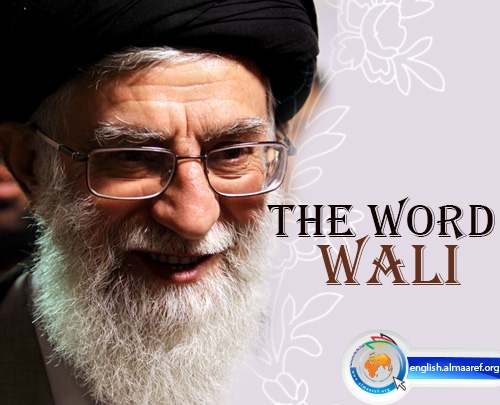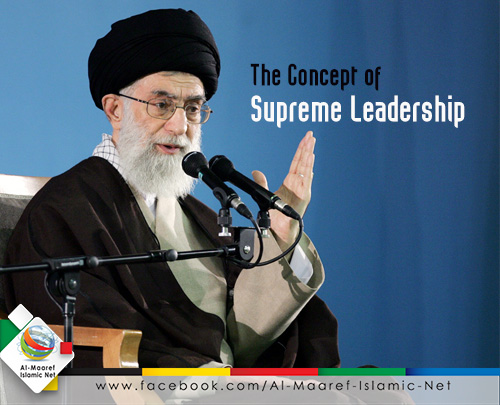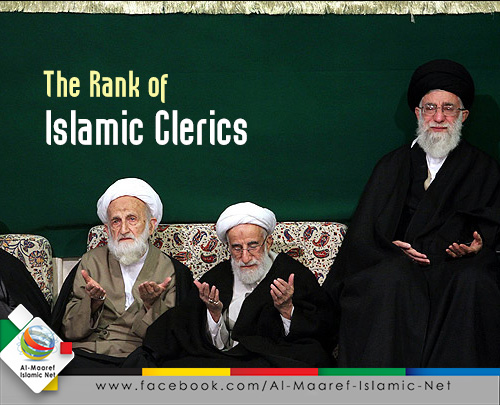The Word 'Wali'
Guardian for the Jurist
Wila’, walayah, wilayah, wali,mawla. The real, original meaning of all of these words comes from the root-word “waliya" (waw-lam ya). This root-word is among those which appear with the greatest frequency in the Qur'an, being used in various forms: it appears in the Qur’an in 124 places in the noun form, and in 112 places in the verb form.
The original meaning of this root-word, according to the famous Quranic lexicon Mufradatu 'l-Quran, is “the being situated of something besides something else, in the sense that there is no separation between them", that is to say that if two things are so contiguous one with the other that there is nothing between them, the root-word "waliya" is used.
As a result of this, the word has come to be used in the sense of nearness and affinity, usually to mean a special or spiritual affinity. And again, for the same reason, it has been used with the meaning of "intimacy", "friendship", "being in charge", "being in control", and with other meanings of the same variety. In all of these, there exists a kind of personal contact and contiguity.
For this root-word and its derivatives many meanings are mentioned. For example, 27 meanings are given for the word mawla. However, it is obvious that this word was not created with 27 meanings and that in other instances it is used with the sanction of this meaning. The subsequent different meanings, or, to put it more exactly, the numerous instances of usage, should be derived from their syntactical and situational contexts.
The derivatives of this root word have been used in application to both material, bodily things, and abstract and mental matters, but they were unquestionably used originally in a physical sense, and then, by appropriate comparison with what is visualized, or by abstraction of the perceived meaning from its material and tangible associations, they also came to be used with abstract meanings.
For man's attention to the things he perceives either from the point of view of a single individual during his own lifetime, or from the point of view of a human collectivity during the period of its historical life predates his meditation on intellectual ideas.
After sensory signification and meaning, man moves on little by little to an abstract signification and meaning, and he then naturally uses the same words which he employed with the objects of nature and thus recruits them into his service. In a similar way, scientists do not invent special words for their particular sciences, but rather they use words which have a current meaning in the ordinary language giving these words a particular meaning and signification which differ from the common meaning and signification.
The Mufradatu 'l-Quran says in connection with the word “walayah/wilayah", looking at it from the point of view of the instances of its application.
"Wilayah' has the meaning of `assistance', but walayah has the meaning of `being in charge' and `the person in authority in a certain matter'; it is also said that the meaning of both is the same, and that it is this `being in charge and having authority' ". Then it mentions instances of the use of these words.
* Book: Wilayah, the Station of the Master. By: Ayatullah Murtadha Mutahhari


















